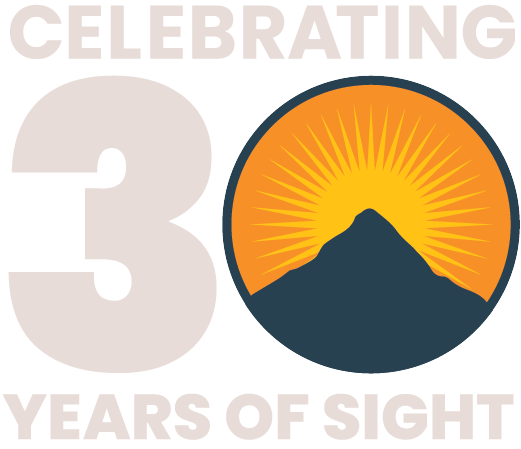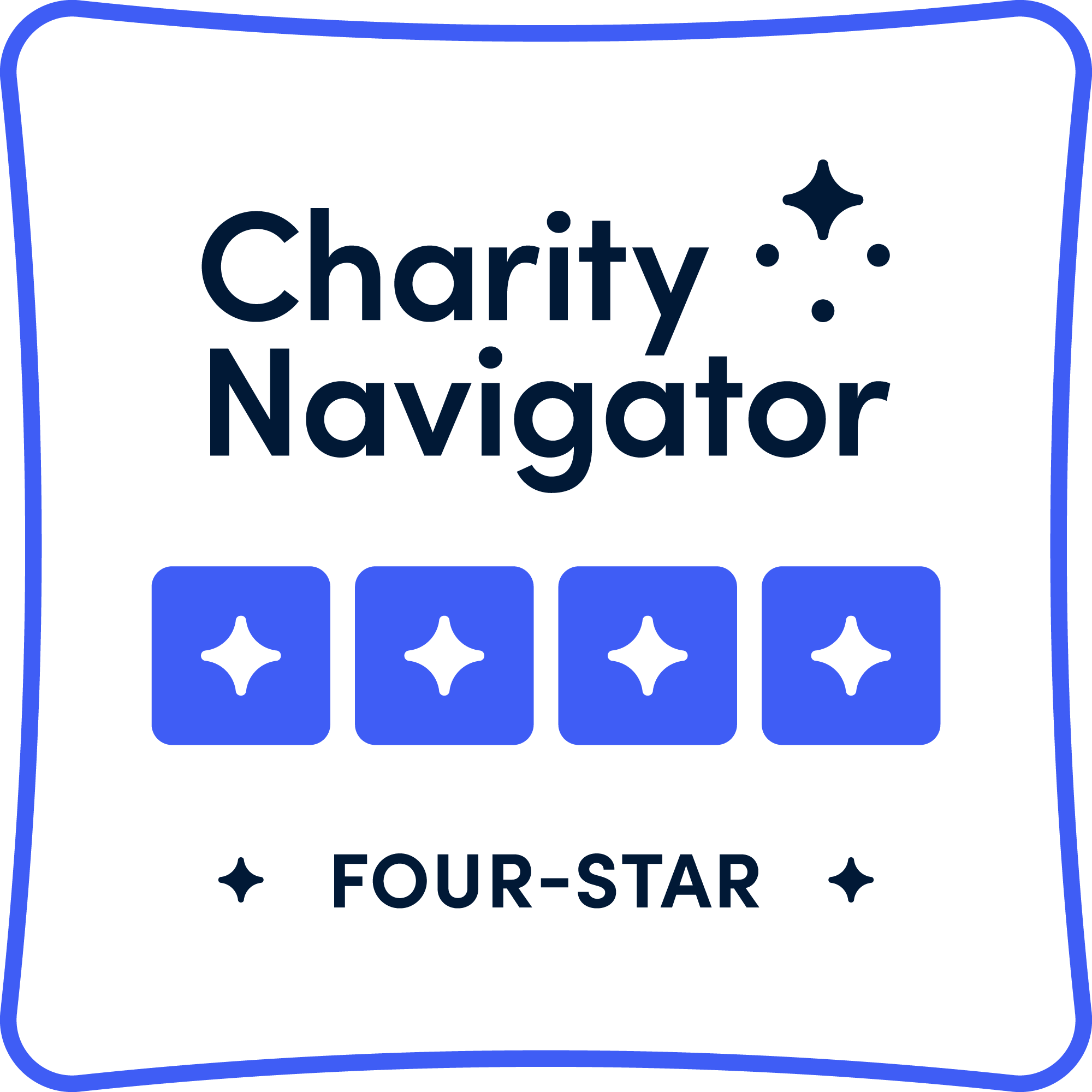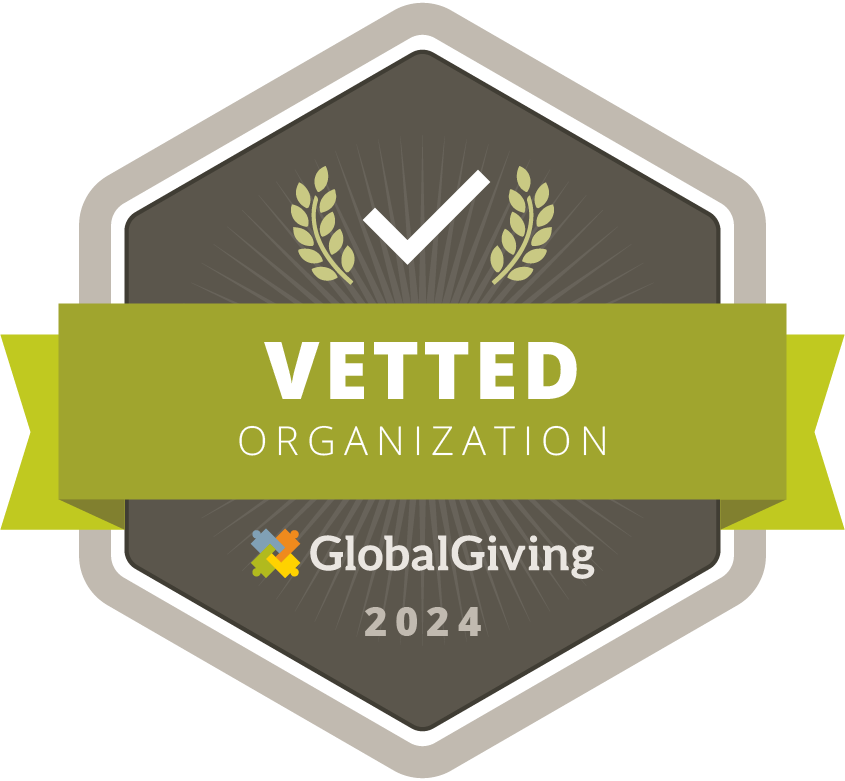Health is Wealth: Paving the Way to Cure Cornea Blindness & Build Resilience in Ghana
On Thursday, March 2nd, HCP Cureblindness hosted the first Cornea Transplant Summit in Ghana to address corneal blindness in collaboration with the Ophthalmological Society of Ghana. Governmental leaders, as well as our local and international partners, discussed how to build a more resilient eye care system through education, legislation, and infrastructure.
Over 25,000 Ghanaian people (or 11.2% of the total blind population) are blind due to corneal scarring (Ghana Blindness & Visual Impairment Study).
This kind of blindness disproportionately affects young people, meaning that they have many decades ahead of them by the time they lose their sight. As such, corneal scarring impacts far more than their ability to see: it inhibits their social lives, impedes their careers, and prevents these people from reaching their full potential.
The cure for this kind of blindness is a straightforward corneal transplant surgery, which generally takes under an hour and allows the patient to return home the same day. However, there is a long list of patients awaiting corneas.
There are, to date, four trained corneal surgeons in all of Ghana:
- Dr. Gladys Fordjour, Korle-Bu Teaching Hospital
- Dr. James Clarke, Medical Director of Crystal Eye Clinic both in Accra
- Dr. Seth Lartey, Komfo Anokye Teaching Hospital
- Dr. Kwadwo Amoah, Kumasi South Hospital in Kumasi
Earlier this month, HCP Cureblindness had the honor of organizing the Inaugural Corneal Transplant Summit in Ghana to address corneal blindness. Our Global Clinical Consultant, Dr. Ashiyana Nariani, MD, MPH, PCEO, and HCP Ghana Country Director, Dr. James Addy, MD, led this initiative, which brought together essential stakeholders including governmental leaders, Ghana Health Services, Members of Parliament, and non-profits including ORBIS, Vision Spring, as well as HCP's latest acquisition, SightLife International.

The Summit pressed for immediate legislation on eye donation in order to reduce the burden of cornea-related blindness.
The Ghanaian government recognizes that blindness is not merely a personal problem: it is also a socioeconomic one. Visually impaired people are less likely to work, get married, have children, or generally engage in the world around them. Communities are less likely to thrive.
As the Presidential Advisor on Health, Dr. Anthony Nsiah-Asare, stated, "The importance of corneal transplantation legislation and the promotion of eye and organ donation is therefore crucial to achieving total socio-economic transformation of the unfortunate patients and the nation for health is wealth.”
Together with HCP Cure Blindness and the Ophthalmological Society of Ghana, the Ghanaian government recognizes that the solution to corneal blindness is also a socio-economic one. One of Ghana's corneal surgeons, Dr. Seth Lartey, MD, also highlighted current efforts to establish a Cornea Fellowship in Ghana. Only by investing in the education of Ghanaian surgeons and the country’s eye care infrastructure can Ghana develop more sustainable and resilient eye healthcare.
As Dr. Ashiyana Nariani, MD, MPH, PCEO remarked: “It is time that Ghana stands on its own two feet. It is time that Ghana has its own legislation approved for organ and eye donation. It is time for Ghana to have its own eye bank and to be able to provide sight for the sightless for so many people. It is time.”




